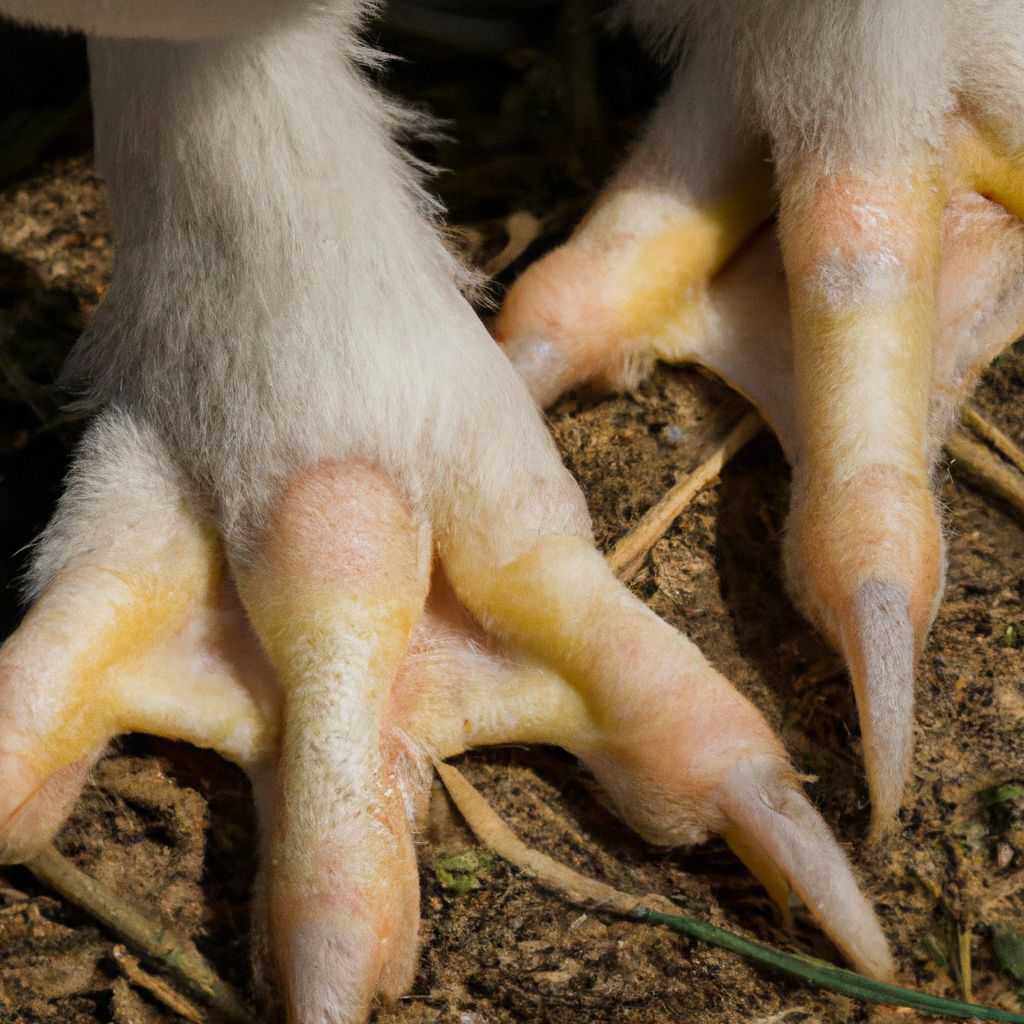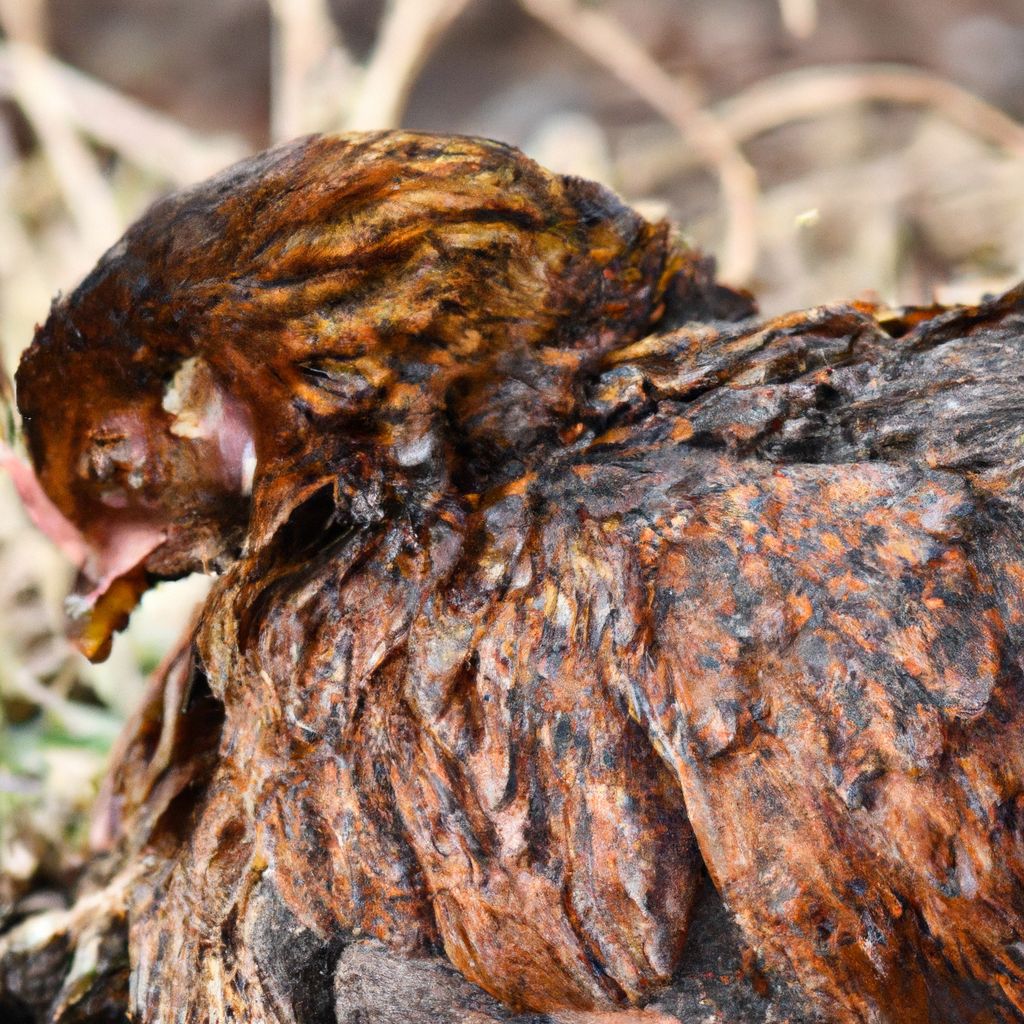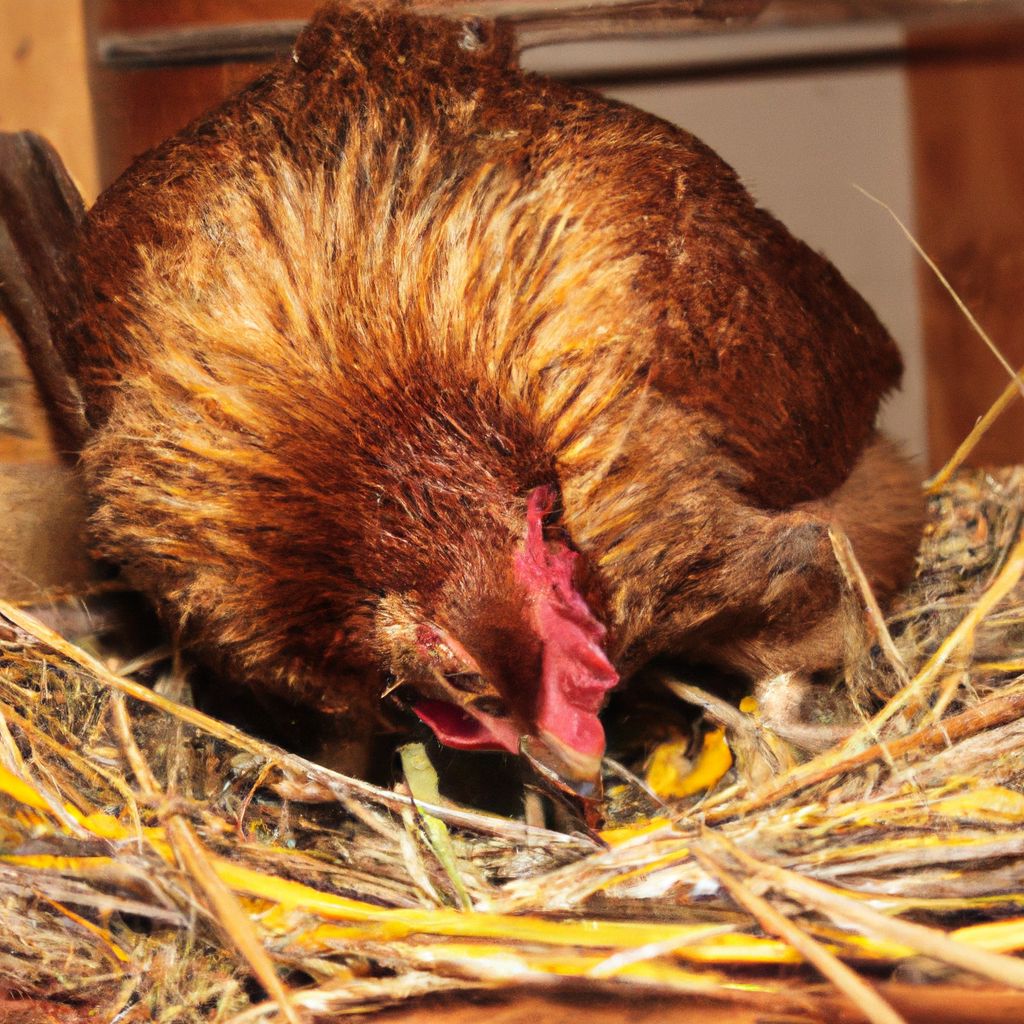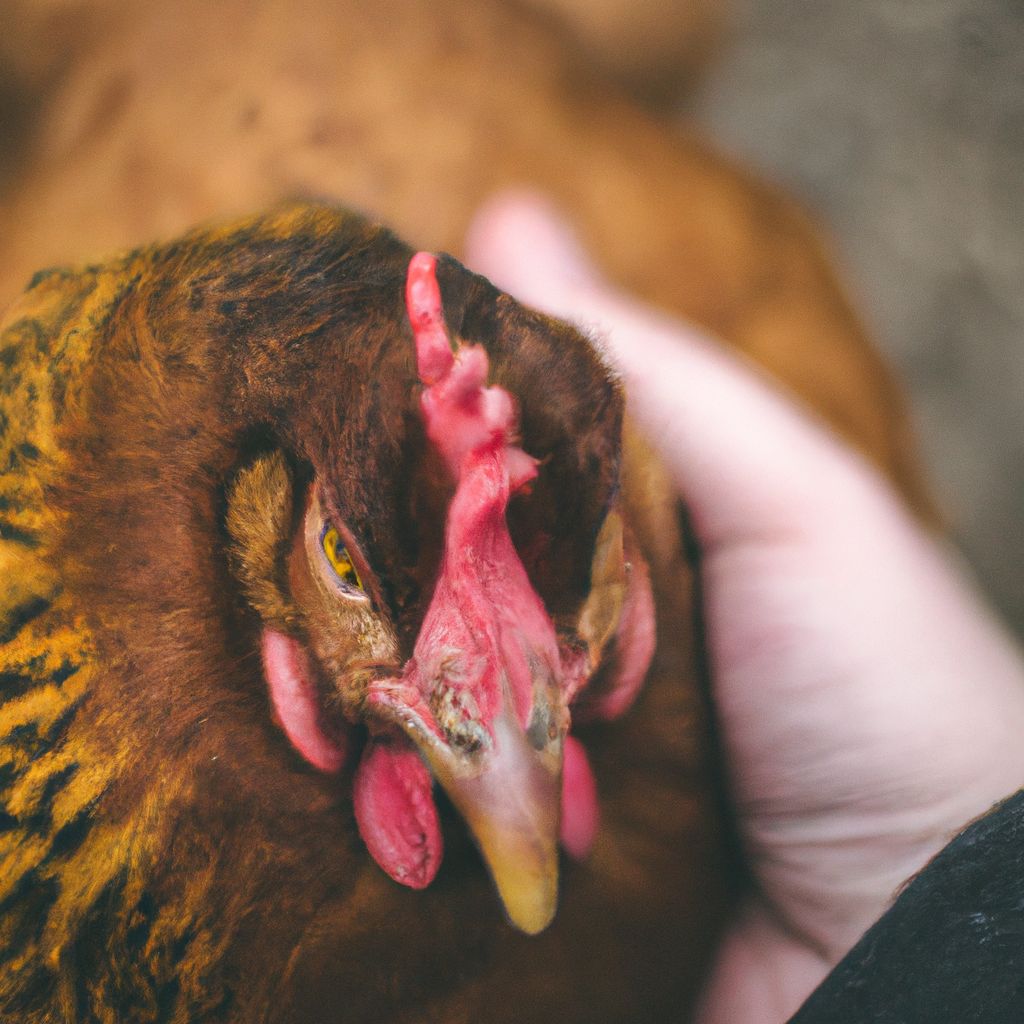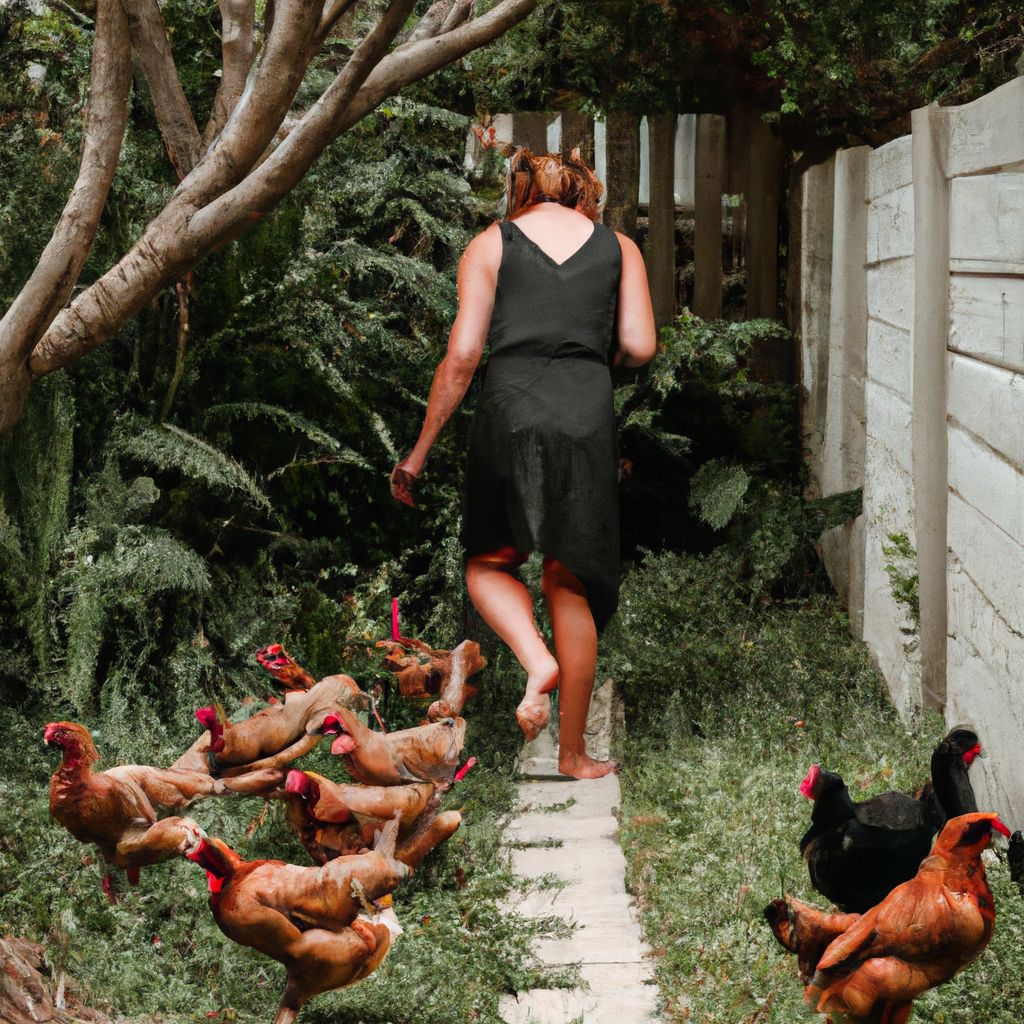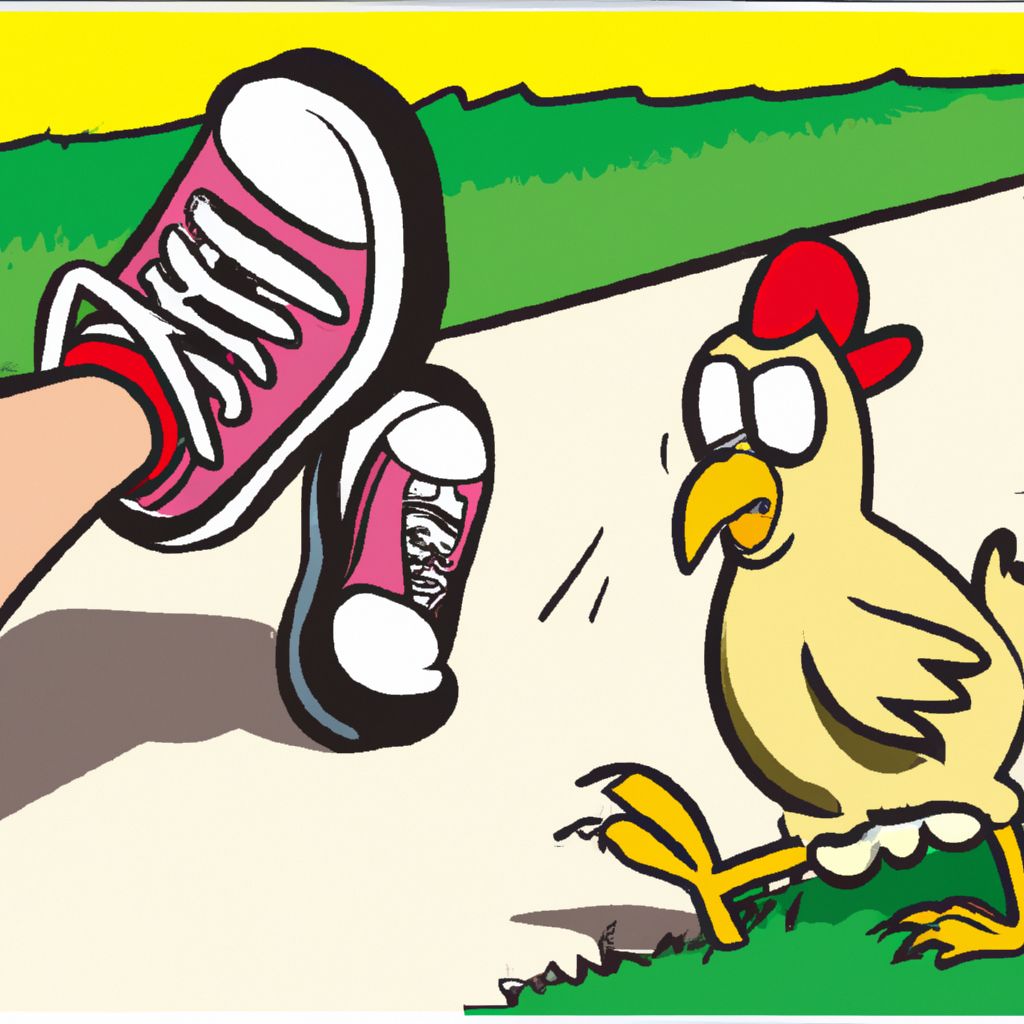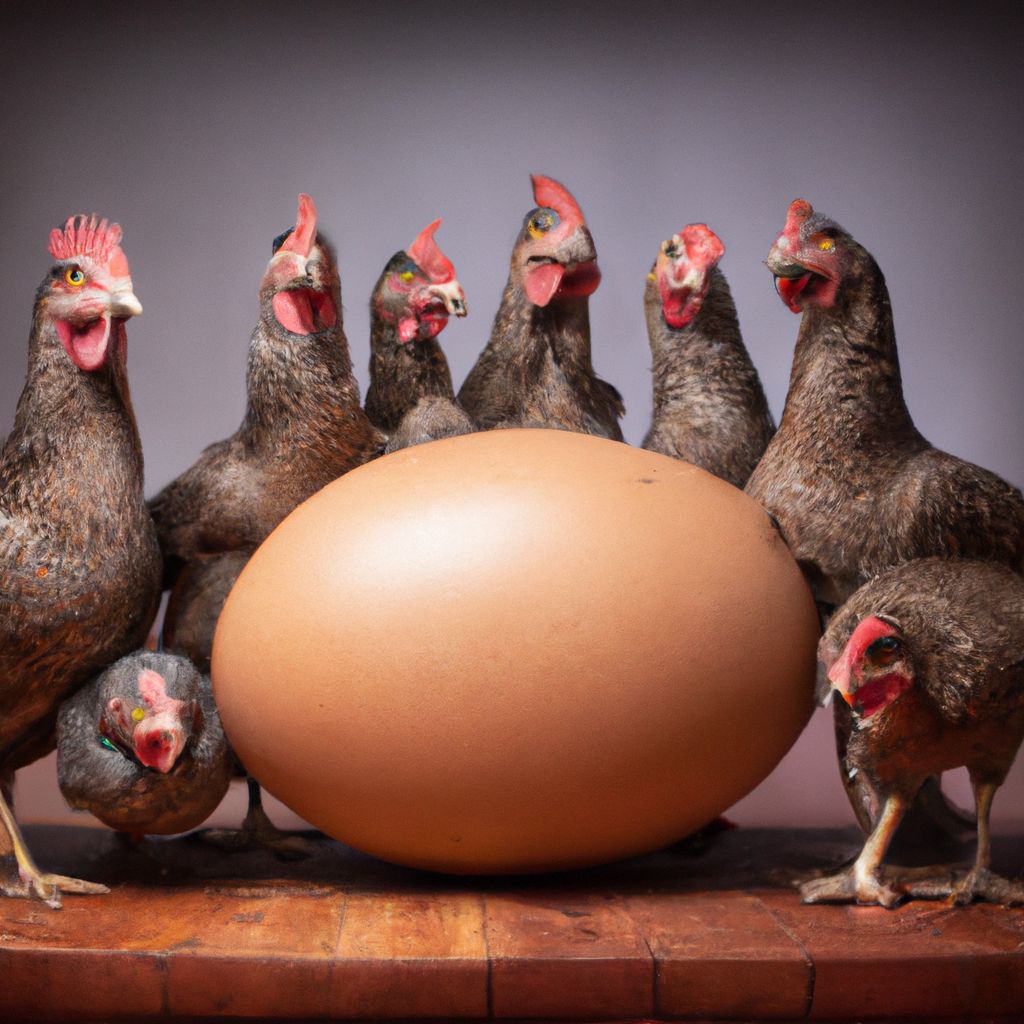Key Takeaways: A purple chicken’s comb can indicate various health issues, including fowl cholera, avian flu, blood vessel damage, circulatory or respiratory issues, and mites and lice infestation. A healthy comb is important for a chicken’s overall well-being and can serve as an indicator of its overall health. Addressing a purple chicken’s comb requires promptly
Archivio GIornaliero: Gennaio 11, 2025
Key Takeaway: Feathered feet in chickens are a unique trait found in certain breeds, adding to their charm and character. Feathered feet pose challenges for chicken owners, including mud tracking, hygiene issues, and foot feather problems such as ingrown feathers and injuries. Popular chicken breeds with feathered feet include Brahmas, known for their size and
Key Takeaways: Understanding the natural moulting process of chickens in winter helps in providing appropriate care. Moulting is a natural process for chickens, serving purposes like feather regrowth and health maintenance. Signs of moulting include physical appearance changes, a decrease in egg production, and specific nutritional requirements. Why Do Chickens Molt In The Winter? Photo
Key Takeaways: Curiosity and boredom can lead to chickens pecking their eggs, as they may be exploring their surroundings or seeking stimulation. Chickens may peck their eggs to test the strength of the shell, possibly to determine if it is suitable for hatching. Egg pecking can support the hatching process by breaking the eggshell and
Key Takeaway: Chickens squat when you pet them as a submissive behavior and a sign of mating readiness. The squatting behavior can also indicate affection and enjoyment of human interaction. Observing signs of impending egg-laying, such as changes in combs and wattles, inspecting the nesting box, pelvic bone separation, following the rooster, and increased appetite
Key Takeaway: Chickens are capable of complex emotions and can show signs of affection, indicating a level of emotional capacity beyond common perception. Chickens may follow humans for various reasons, such as seeking food or displaying affection, as well as to avoid aggression from roosters. Understanding and recognizing the behaviors of chickens following humans can
Key Takeaway: Chickens may chase humans for various reasons, including food, attachment, and aggression. To avoid being chased when carrying food, it is recommended to take precautions such as moving calmly and slowly. In cases of aggressive chickens, techniques like walking calmly, using large objects to appear bigger, and establishing trust can help manage their
Key takeaway: Chickens may open their mouths due to heat stress, fear or stress, throat obstructions, gapeworm infections, viral infections, fungal infections, broken bones, or food contamination. Understanding normal chicken breathing patterns, such as nasal breathing, can help differentiate between natural and abnormal behavior. If your chickens frequently open their mouths, it is important to
Key Takeaway: The size of eggs in commercial egg production plays a crucial role in profitability. Larger eggs are generally more desirable and can fetch higher prices. When choosing a breed for large egg production, factors such as the chicken’s weight, diet, light exposure, age at which hens start laying, skeletal size, and the presence
Key Takeaway: Tonic immobility is a natural response in chickens that causes them to fall asleep on their backs. It is a self-defense mechanism that helps them appear dead and avoid predators. Chickens may also fall asleep on their backs during dust bathing, which is a cleaning ritual that helps them keep their feathers clean


